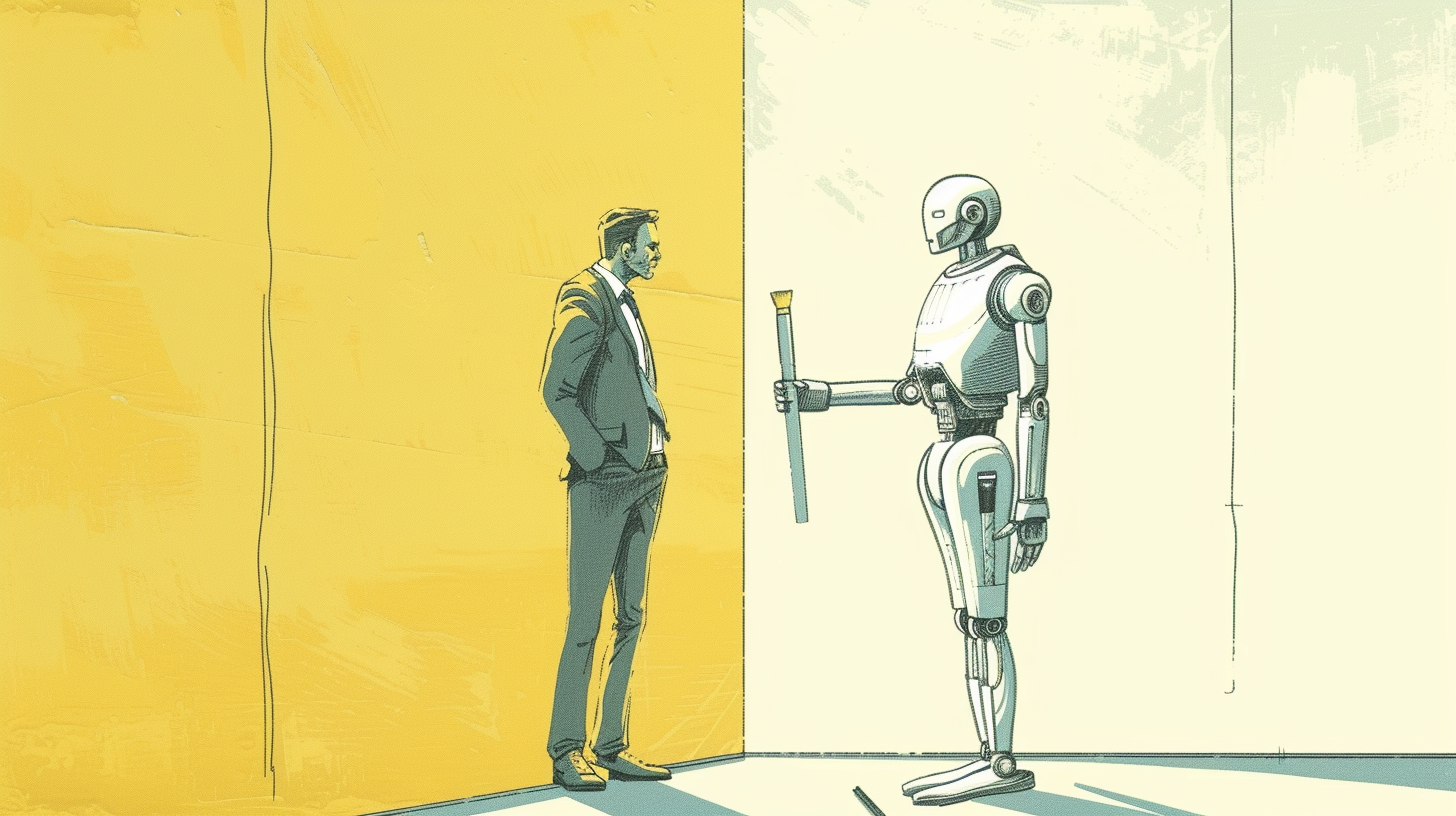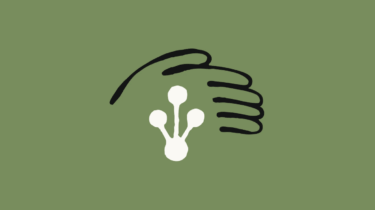Artists have won a small victory in their lawsuit against AI art generators Stable Diffusion, Midjourney, and DeviantArt.
Judge Orrick ruled in favor of the artists on the issue of whether the companies could dismiss the lawsuit under the state's anti-SLAPP statute, finding that the public interest prevailed in this case. The anti-SLAPP statute is designed to prevent unnecessary and meritless lawsuits that merely chill free speech.
The lawsuit, filed last year by artists Sarah Andersen, Kelly McKernan, and Karla Ortiz, asks the fundamental question of whether AI companies can take images from the Internet without consent and use them to train AI models. The primary target is Stability AI's Stable Diffusion, which the plaintiffs claim is also used by Midjourney and DeviantArt's DreamUp.
The lawsuit also raises whether AI companies can use artists' names or styles to promote their products, as this affects the market for the artists' original works.
Last fall, the court dismissed most of the lawsuit, finding that the artists did not own the copyrights to some of their images and that the allegations that the defendant companies were using the plaintiff artists' names to promote their products could not be proven.
However, a direct infringement claim against Stability AI for potentially unlawfully using copyrighted Internet images to train its AI model was upheld.
Like many large AI companies, Stability AI relies on fair use, meaning that the data is not used directly, but rather serves as a learning base for the AI to learn patterns from and generate further, similar results.
Extensive tests with Midjourney and also with OpenAI's DALL-E 3 show, however, that the generators are very capable of producing images that correspond almost exactly to the original training material or elements of it.
One of the questions for the courts now is whether such copies are a function or a malfunction of an AI model. The same question must be answered in the New York Times vs. OpenAI case. The newspaper was able to prove that OpenAI's GPT model produced exact copies of NYT articles with specific prompts.






